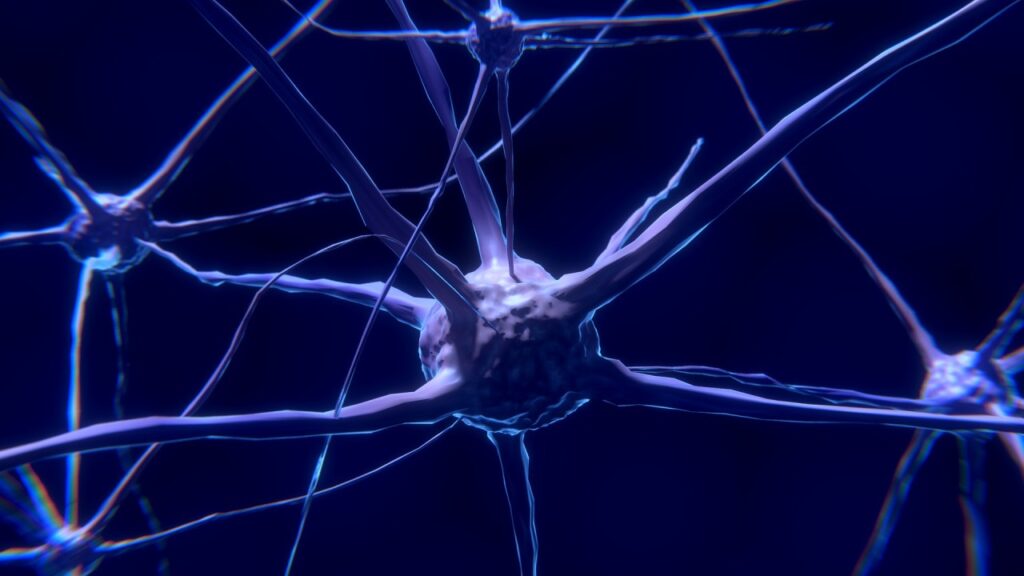
While calcium and vitamin D often steal the spotlight when it comes to discussions about health, Vitamin B12 plays a crucial role in brain function that shouldn’t be overlooked. Recent studies have revealed a concerning connection between low Vitamin B12 levels and an increased risk of dementia, making it more important than ever to ensure you’re getting enough of this essential nutrient.
Vitamin B12, a water-soluble vitamin, is responsible for several vital processes in your body. From DNA production to red blood cell formation and energy generation, Vitamin B12 is integral to overall well-being. Yet, growing research suggests that low B12 levels may lead to cognitive decline and even contribute to dementia as we age.
The New Study: B12 and Dementia Link
A groundbreaking study published in the Annals of Neurology in February 2025 highlights the potential risks associated with B12 deficiency. The study followed 231 healthy older adults with no signs of dementia or mild cognitive impairment. Despite having B12 levels above the official minimum requirement (148 pmol/L), those with lower levels of biologically active B12 showed signs of slower cognitive processing and a higher presence of brain lesions—indicators of early cognitive decline.

This research challenges current recommendations for Vitamin B12 intake and suggests that many people may not be getting enough to maintain optimal brain health, particularly in older adults. Brain fog, slower processing speed, and an increased risk of dementia are all linked to insufficient B12 levels, making it a critical factor to monitor for neurological health.
How Much B12 Do You Really Need?
The current recommendation from the National Institutes of Health (NIH) suggests that adults aged 19 and older should aim for 2.4 micrograms of Vitamin B12 daily. However, this might not be sufficient for brain health. If you’re over 50, your ability to absorb B12 from food diminishes, and you may require supplements or fortified foods.
For pregnant or breastfeeding women, B12 intake should increase to 2.6 and 2.8 micrograms, respectively. However, as highlighted in the recent study, the recommended levels may not be enough to protect your brain from cognitive decline or prevent dementia.

Testing for Vitamin B12 Deficiency
To assess whether you’re getting enough B12, a blood test is essential. While standard tests might show B12 levels within the “normal” range, experts suggest that the “optimal” range for brain health is often higher. Jessica Cording, RD, emphasizes that having B12 levels at the lower end of the “normal” range could still result in cognitive issues. For many, a simple blood test can provide insights into whether you need to adjust your B12 intake.
If you are diagnosed with B12 deficiency, a healthcare provider may recommend higher doses—500 to 1000 micrograms per day—especially if you’re experiencing fatigue, cognitive slowdowns, or memory issues. This intervention can help restore optimal brain function and even improve symptoms of brain fog or low energy.
Vitamin B12 and Brain Function
Vitamin B12’s role in brain health is multifaceted. It helps process sugar into energy, a vital function for brain cells. Without sufficient B12, your brain may suffer from sluggish cognitive function, memory loss, and mental fatigue. Inadequate B12 levels can also cause the demyelination of nerve cells, impairing the transmission of electrical impulses within the brain, which ultimately affects cognition and memory.

Can You Get Enough B12 From Food?
Yes, certain foods are rich in Vitamin B12. Animal products are the best sources, such as:
- Beef liver (70.7 micrograms per serving)
- Clams (17 micrograms per serving)
- Oysters (14.9 micrograms per serving)
- Salmon (2.6 micrograms per serving)
- Tuna (2.5 micrograms per serving)
For those following a vegetarian or vegan diet, nutritional yeast (8.3-24 micrograms per serving) is an excellent plant-based option.
Supplementing Vitamin B12
If your diet lacks sufficient B12, supplementation may be necessary. Most people do well with a B12 capsule, but for individuals with absorption issues, a sublingual tablet (which dissolves under the tongue) or B12 infusion via IV might be required. Always consult a healthcare provider before starting a supplement regimen to ensure you’re getting the right dosage for your health needs.

What Does This Mean for You?
While it’s easy to overlook Vitamin B12, particularly in favor of more well-known nutrients, this vitamin is essential for maintaining brain health, particularly as you age. Low B12 levels are now linked to dementia and cognitive decline, raising the urgency of ensuring your B12 intake is adequate.
To optimize your brain health and reduce your risk of cognitive issues, take steps to incorporate B12-rich foods into your diet, and consider speaking with a healthcare provider about supplementation options if necessary. Regular testing can help monitor your B12 levels, ensuring you maintain optimal neurological function and protect your long-term brain health.

Leave a Reply